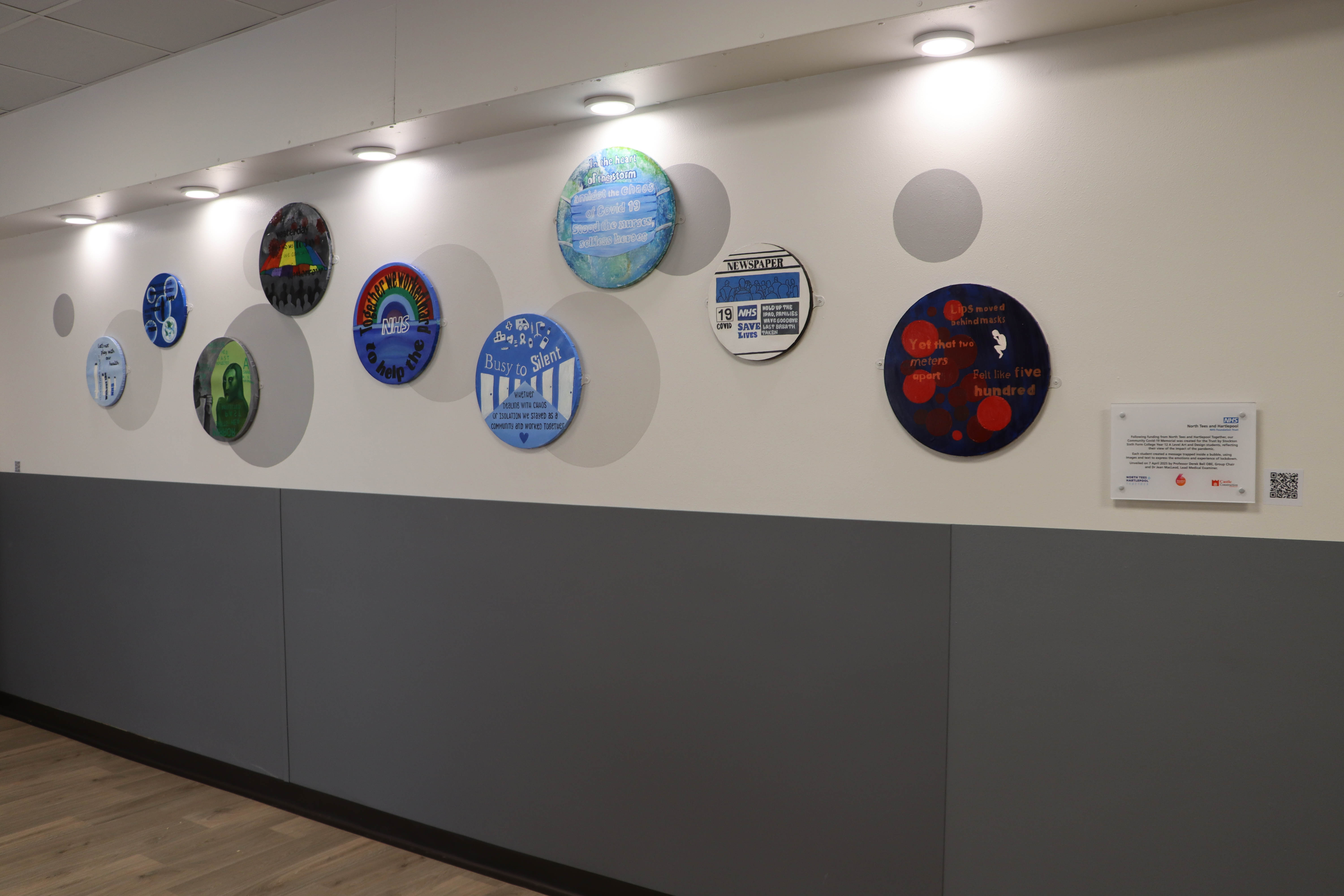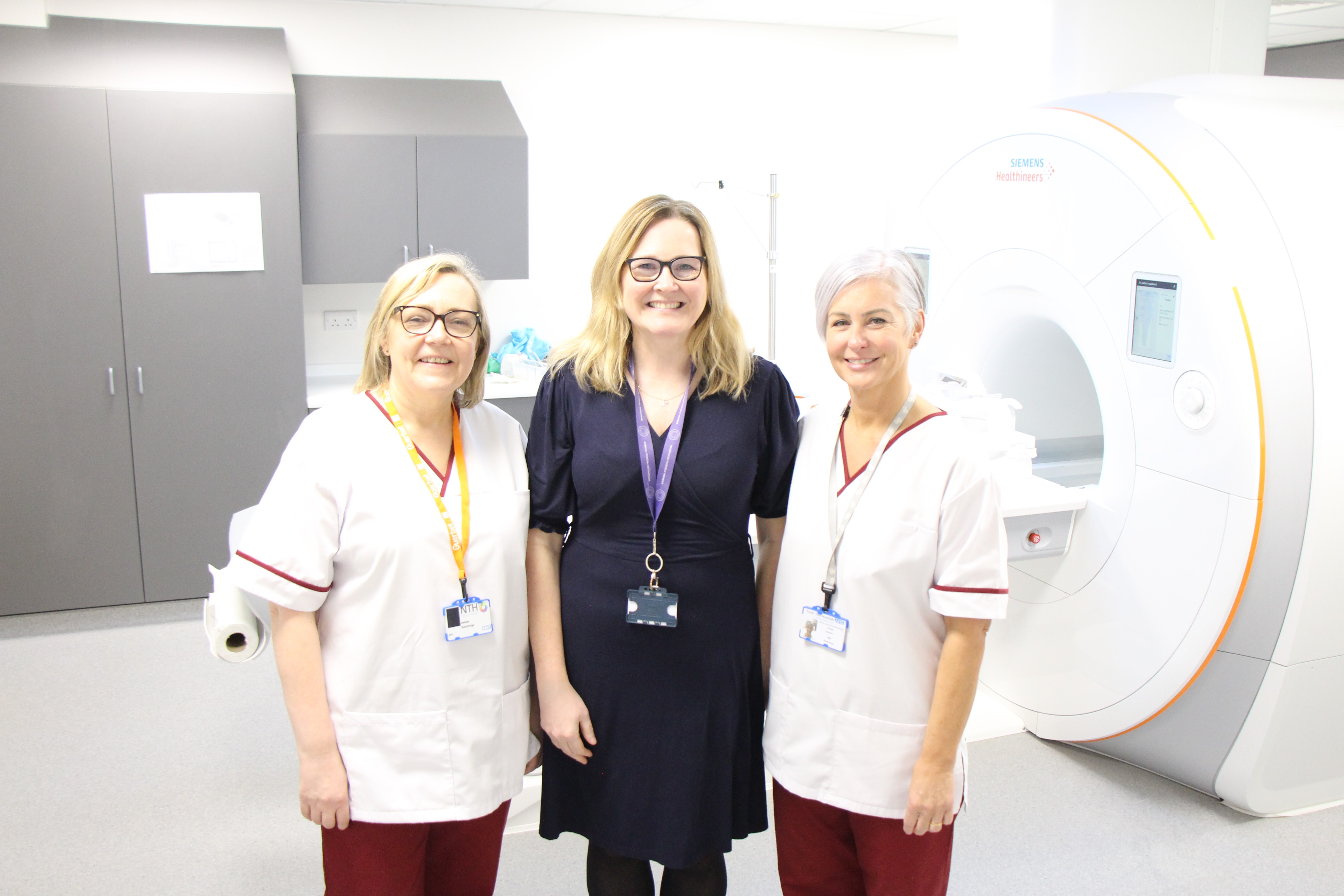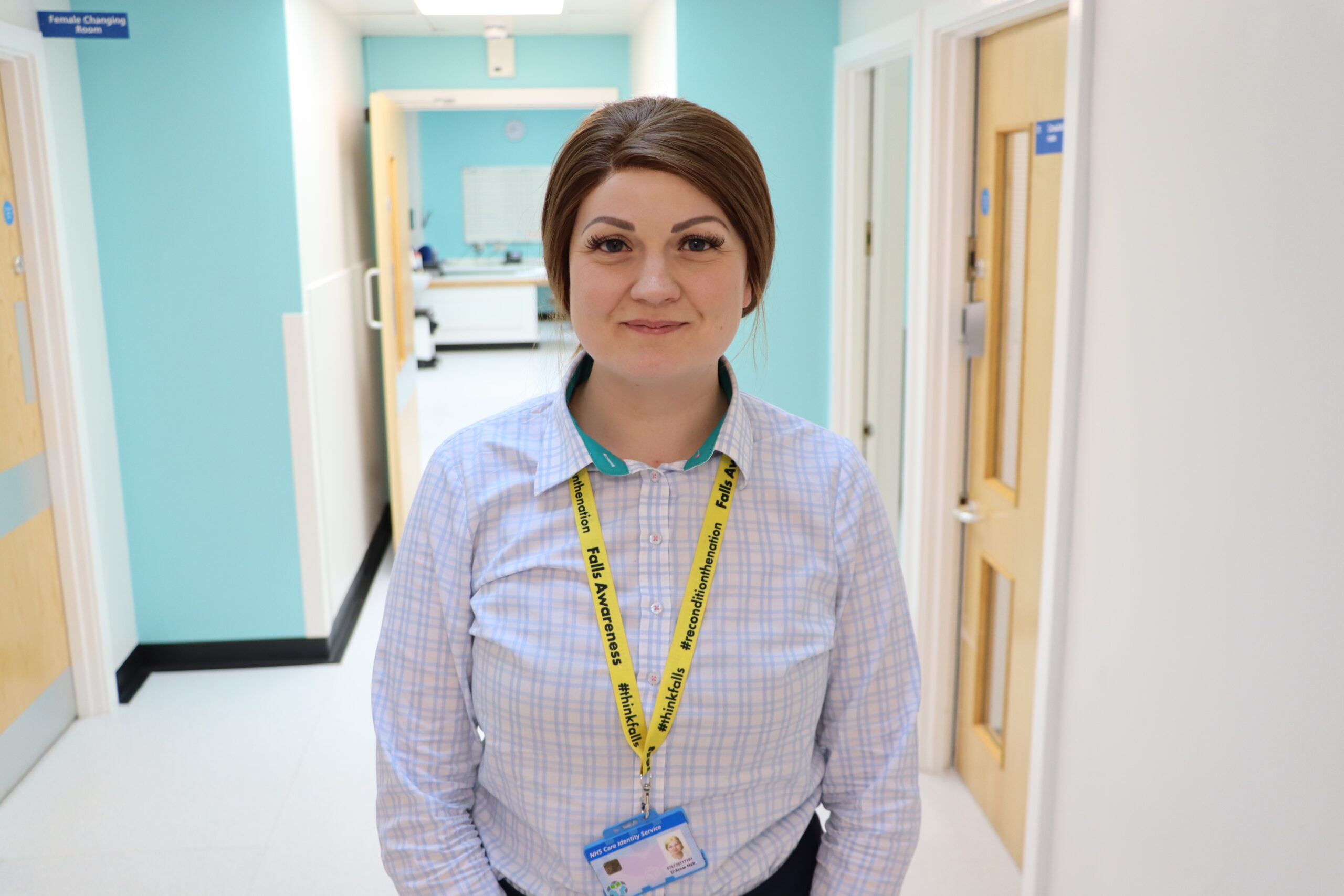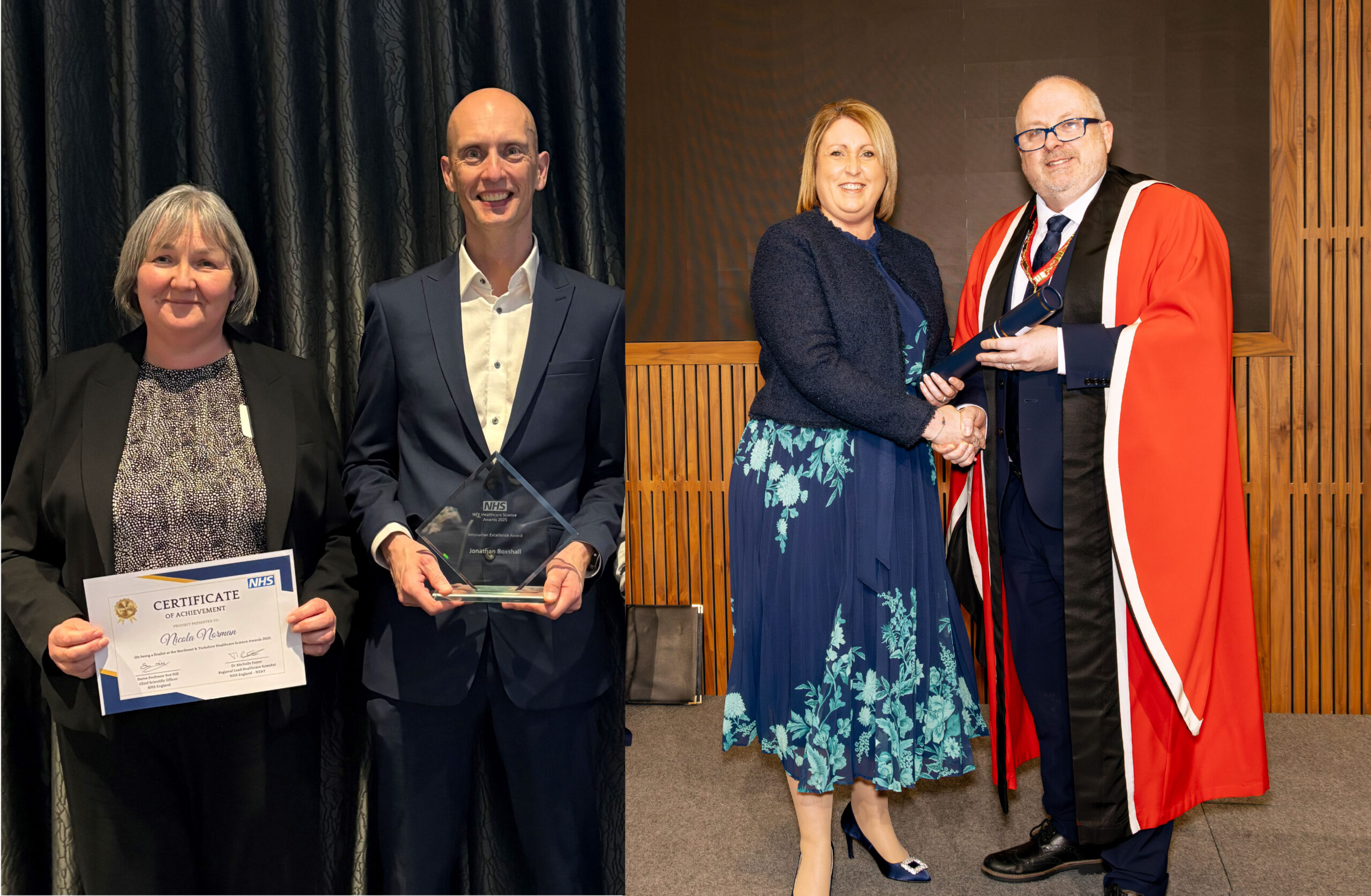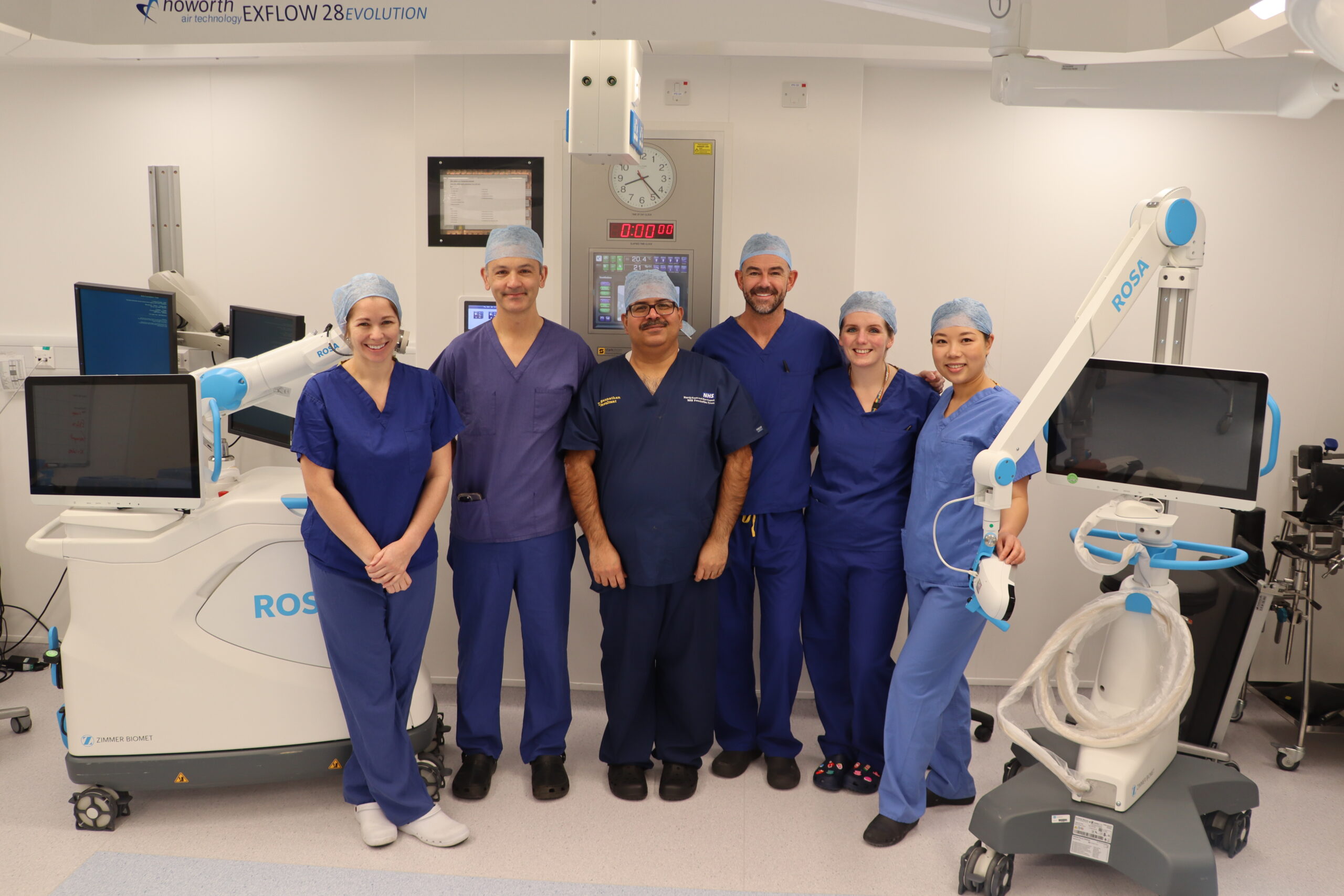| Getting your Trinity Audio player ready... |
Multiple Sclerosis (MS) is a chronic neurological condition that affects the central nervous system, particularly the brain and spinal cord. As a condition that impacts more than 2.8 million people worldwide, MS is often misunderstood and misrepresented, making awareness and education crucial.

What is MS?
MS is an autoimmune disease in which the immune system mistakenly attacks the protective covering of nerve fibers, called myelin. This damage disrupts the communication between the brain and the rest of the body, leading to a wide range of symptoms. Over time, the disease can cause permanent nerve damage or deterioration.
Symptoms and Diagnosis
The symptoms of MS are as diverse as the individuals it affects, making diagnosis challenging. Common symptoms include:
- Fatigue
- Difficulty walking or maintaining balance
- Numbness or tingling in the limbs
- Vision problems, such as blurred or double vision
- Cognitive issues, including memory problems or difficulty concentrating
Doctors often use a combination of neurological exams, MRI scans, and spinal fluid analysis to confirm an MS diagnosis.

Types of MS
There are four main types of MS:
- Relapsing-Remitting MS (RRMS): The most common form, characterized by flare-ups followed by periods of remission.
- Secondary Progressive MS (SPMS): Follows RRMS and shows a progressive worsening of symptoms over time.
- Primary Progressive MS (PPMS): A steady progression of symptoms without distinct relapses or remissions.
- Progressive-Relapsing MS (PRMS): A rare form with a progressive disease course interspersed with acute relapses.
Treatment Options
While there is no cure for MS, treatments can manage symptoms and slow disease progression. Medications like disease-modifying therapies (DMTs) are often prescribed to reduce the frequency of relapses and delay disability. Physical therapy, occupational therapy, and lifestyle changes can also play significant roles in managing the disease.
Living with MS
Living with MS requires resilience and adaptability. Many people with MS continue to lead fulfilling lives with the support of medical care, family, and community resources. Awareness and understanding from society can make a significant difference in the lives of those battling this condition.
Raising Awareness
March is recognized as MS Awareness Month, with campaigns and events aimed at educating the public about the disease. Fundraisers and support networks, like the MS Society, provide vital resources for research and patient support.
By fostering greater awareness and compassion, we can create a world where people with MS are empowered and supported to live their best lives.
For more information, visit reputable organizations like the Multiple Sclerosis Society or consult your GP.
About The Reporter
Managing Director of Kearney CK Group Limited










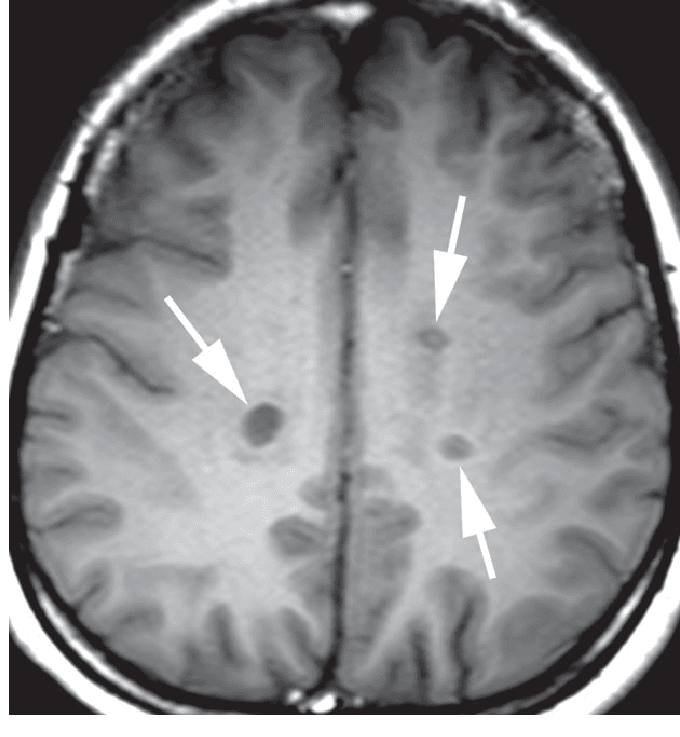








)


